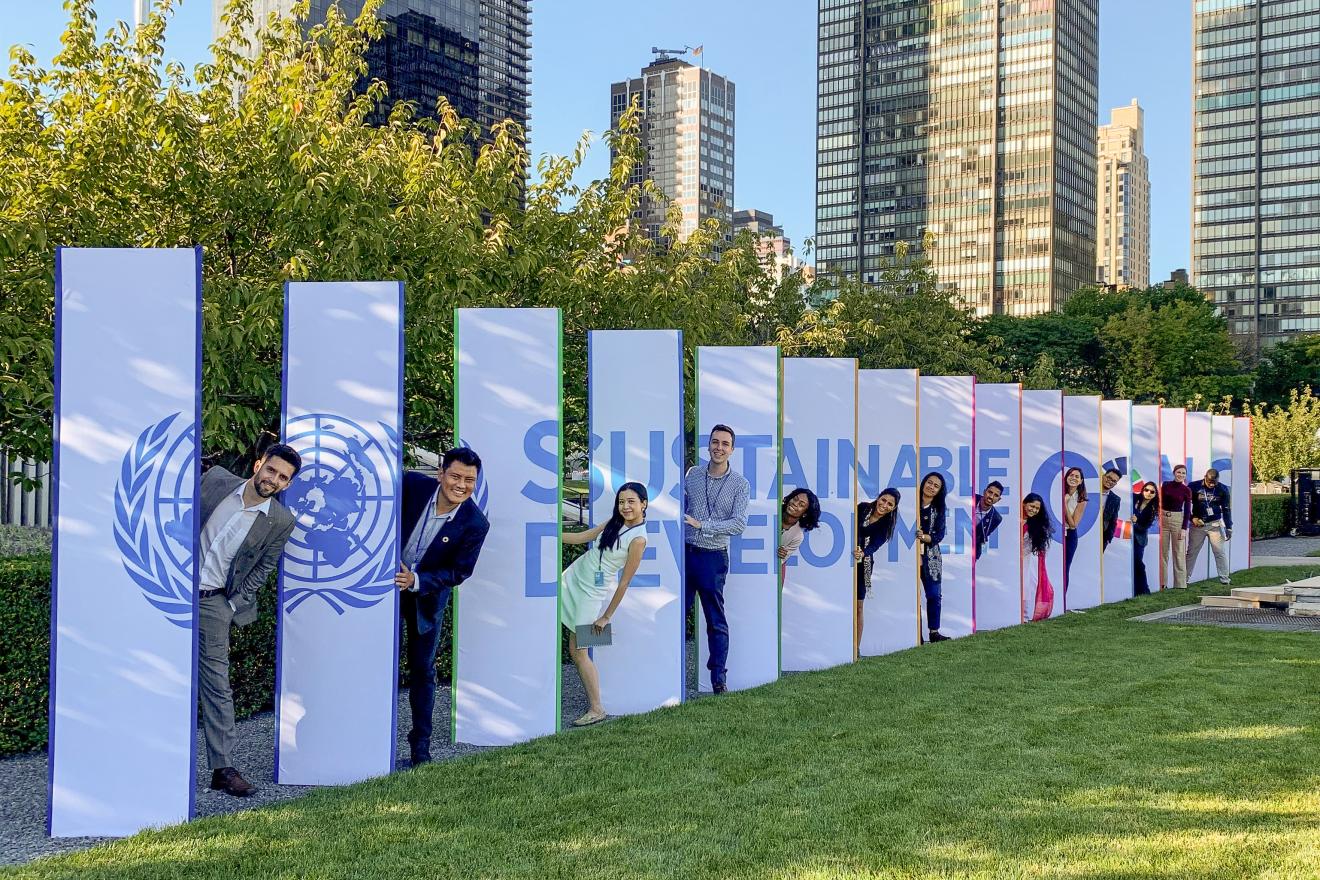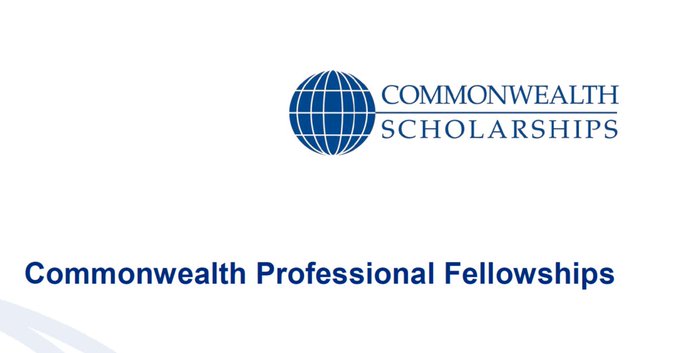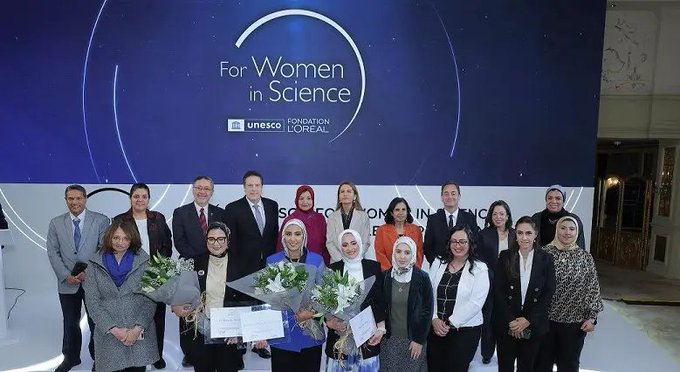
2022 United Nations Reham Al-Farra Memorial Journalism Fellowship
Deadline: April 30, 2022.
The Reham Al-Farra Memorial Journalism Fellowship was mandated in December 1980 by UN General Assembly Resolution 35/201. Formerly known as the DPI Training Programme for Broadcasters and Journalists from Developing Countries, the programme was renamed in 2003 in honor of Reham Al-Farra, a 29-year-old Jordanian public information officer who was killed in the 19 August 2003 bombing of the UN headquarters in Baghdad.
Since its founding in 1981, the fellowship has been awarded to 611 journalists from 168 countries. Upon completion of the programme, fellows are expected to continue working in journalism and promote better understanding of the United Nations in their home countries. The programme does not provide basic skills training, as all fellows are working journalists.
Due to the COVID-19 pandemic, the RAF Fellowship went virtual for the first time in its history in 2020. A special programme was organized for RAF alumni in commemoration of its 40th anniversary.
ELIGIBILITY
Applicants must be:
- The Fellowship is a unique opportunity for young applicants within 22 to 35 years
- Applicants working journalists from developing countries and countries with economies in transition to cover the United Nations.
- Applicants must be working in print, TV, radio, podcast and multimedia.
- Fellowship is available to full-time, experienced journalists only.
ELIGIBLE COUNTRIES
Afghanistan, Albania, Algeria, Angola, Antigua and Barbuda, Argentina, Armenia, Azerbaijan, Bahamas, Bahrain, Bangladesh, Barbados, Belarus, Belize, Benin, Bhutan, Bolivia, Bosnia and Herzegovina, Botswana, Brazil, Brunei Darussalam, Burkina Faso, Burundi, Cabo Verde, Cambodia, Cameroon, Central African Republic, Chad, Chile, China, Colombia, Comoros, Congo, Cote d’Ivoire, Cuba, Cyprus, Democratic Republic of Congo, Djibouti, Dominica, Dominican Republic, Ecuador, Egypt, El Salvador, Equatorial Guinea, Eritrea, Ethiopia, Fiji, Gabon, Gambia, Georgia, Ghana, Grenada, Guatemala, Guinea, Guinea-Bissau, Guyana, Haiti, Honduras, India, Indonesia, Iran, Iraq, Israel, Jamaica, Jordan, Kazakhstan, Kenya, Kiribati, Kuwait, Kyrgyzstan, Lao, Lebanon, Lesotho, Liberia, Libya, Macedonia, Madagascar, Malawi, Malaysia, Maldives, Mali, Marshall Islands, Mauritania, Mauritius, Mexico, Micronesia, Moldova, Mongolia, Montenegro, Morocco, Mozambique, Myanmar, Namibia, Nauru, Nepal, Nicaragua, Niger, Nigeria, Oman, Pakistan, Palau, Palestine (State of), Panama, Papua New Guinea, Paraguay, Peru, Philippines, Qatar, Republic of Korea, Russia, Rwanda, Saint Kitts and Nevis, Saint Lucia, Saint Vincent and the Grenadines, Samoa, Sao Tome and Principe, Saudi Arabia, Senegal, Serbia, Seychelles, Sierra Leone, Singapore, Solomon Islands, Somalia, South Africa, South Sudan, Sri Lanka, Sudan, Suriname, Swaziland, Syria, Tajikistan, Tanzania, Thailand, Timor-Leste, Togo, Tonga, Trinidad and Tobago, Tunisia, Turkey, Turkmenistan, Tuvalu, Uganda, Ukraine, United Arab Emirates, Uruguay, Uzbekistan, Vanuatu, Venezuela, Viet Nam, Yemen, Zambia, Zimbabwe
BENEFITS
- During the 3-week programme, fellows have an opportunity to attend special briefings, interview senior officials and exchange ideas with colleagues from around the world. In previous years, fellows have met with the UN Secretary-General, Deputy Secretary-General, President of the General Assembly and permanent representatives to the United Nations.
- The programme also arranges visits to various news organizations, such as the New York Times, Democracy Now! and BuzzFeed.
- The programme provides a daily subsistence allowance ($410/day) which should be adequate to cover standard hotel rates and meals in New York.
- The fellowship covers roundtrip airfare from your country of residence to New York and provides a daily subsistence allowance (approximately $410/day) that can be used for accommodation and meals.
APPLICATION
You will need the following documents:
1. Three (3) published work samples related to international affairs. These can be submitted in their original language. Please include a brief summary in English for material that is not submitted in one of the six official UN languages: Arabic, Chinese, English, French, Russian and Spanish.
2. A letter of reference from your current employer or (for freelanceers) an editor you have worked with
3. Your curriculum vitae in English or French
4. Proof of education (your highest degree or diploma)



